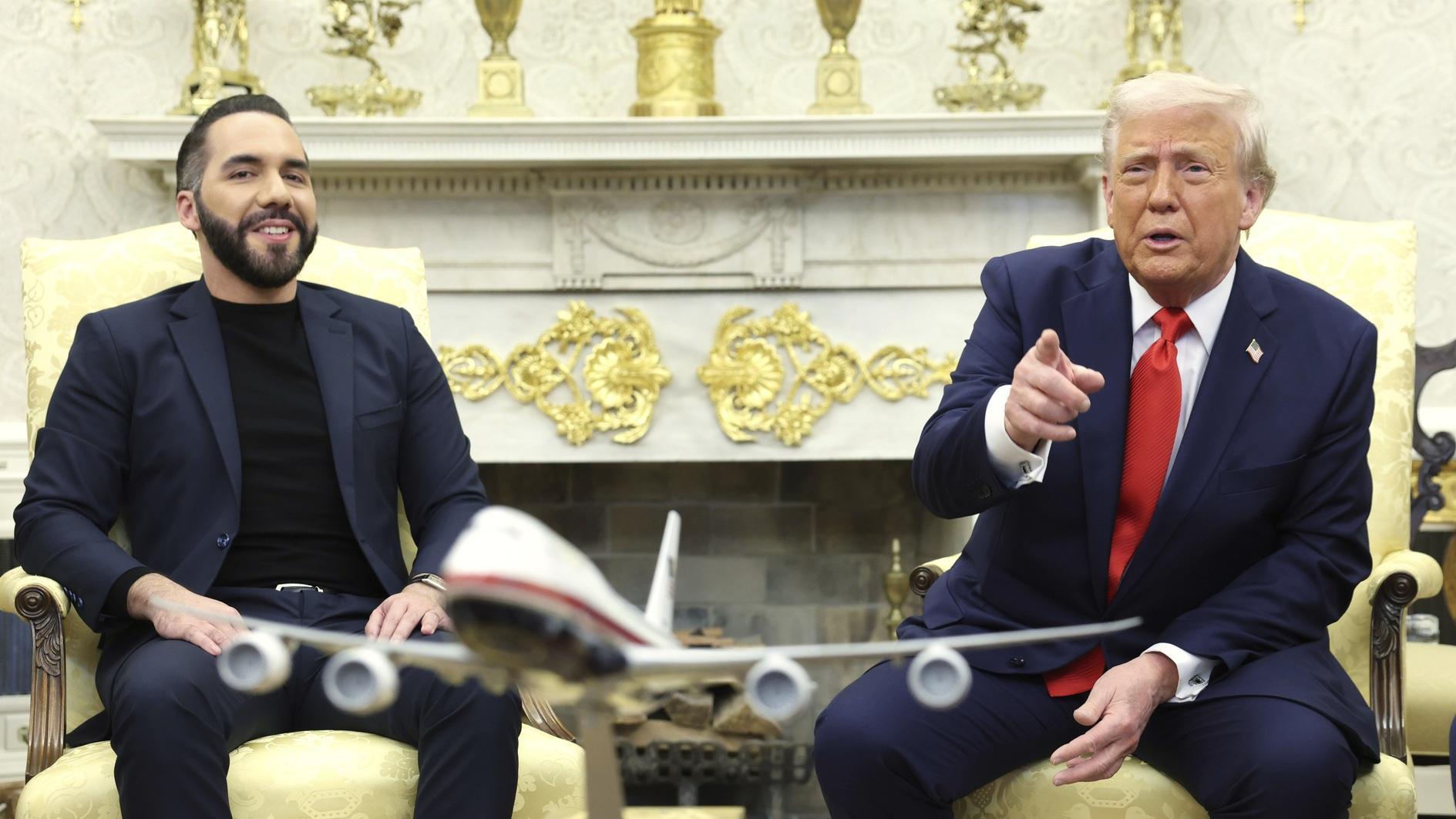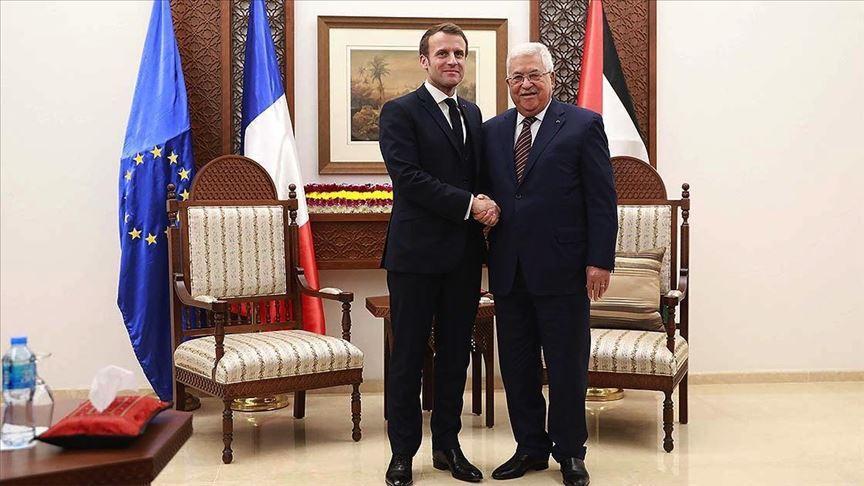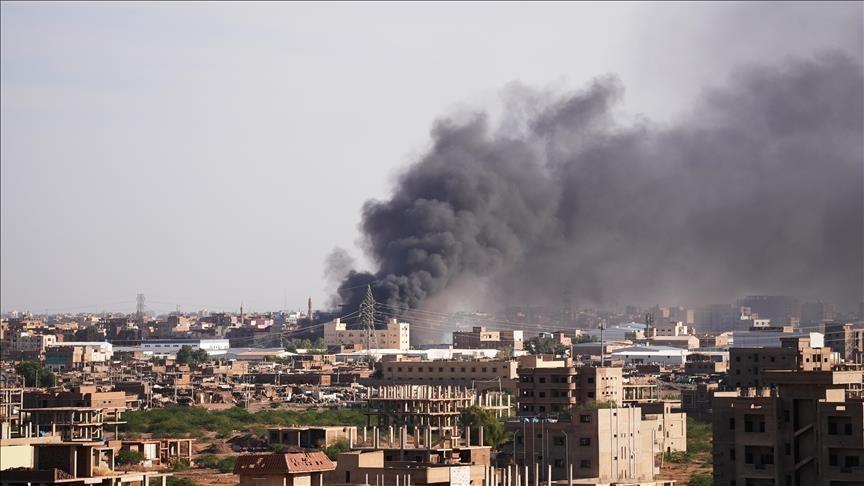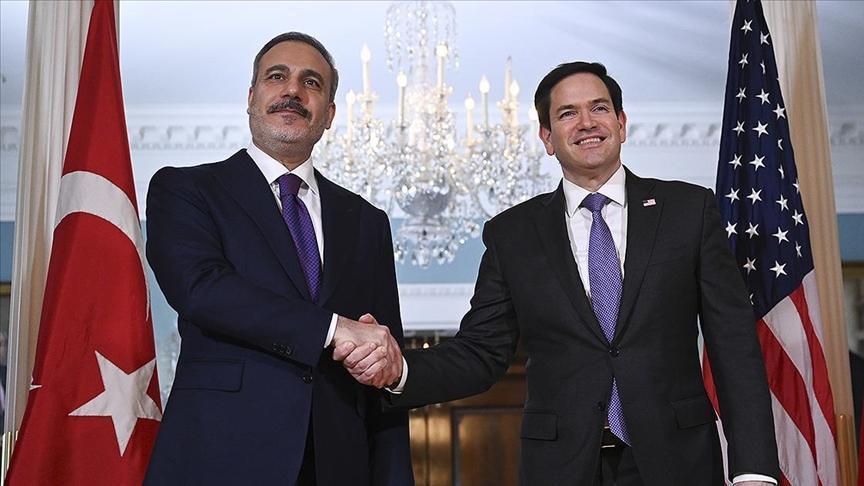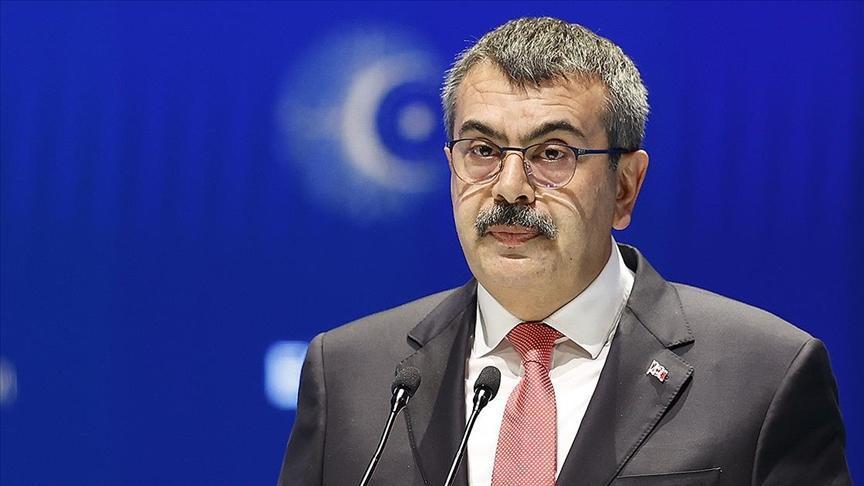The Kurdish problem and Erdoğan’s roadmap
Prime Minister Recep Tayyip Erdoğan aims to get the outlawed Kurdistan Workers’ Party (PKK) out of the way so as to implement his career plan. Last week he made one of his most important statements in this regard. He announced that he could cooperate with the Peace and Democracy Party (BDP) – in other words, the PKK – in the context of the Constitution-making process. This reminds me of the famous words of the great Chinese strategist Sun Tzu, “If you know your enemies and know yourself, you will not be imperiled in a hundred battles.” Erdoğan seems to follow this mantra. However, great difficulties lie ahead.
Erdoğan is taking a serious risk with such statements. For the great strategy to work, he needs to be able to manage four separate areas: Maintaining relations with the PKK, continuing the parliamentary cooperation with the BDP, receiving the support of the majority of public opinion and stopping international actors from obstructing the process. These factors are interrelated and can negatively affect each other.
History moves in mysterious ways. Erdoğan, at the apex of his power, might have to convince jailed PKK leader Abdullah Öcalan, whom he hates, to cooperate. Öcalan is highly influential in terms of security, parliamentary support for the new Constitution, the management of public opinion and the prevention of international collusion.
The BDP has acquired a critical role in terms of the Constitution-making process, which is expected to lead the way to Erdoğan’s presidency. In the absence of an agreement with the Republican People’s Party (CHP), the AKP, short of the required number of parliamentary deputies, will be able to take the new text to a referendum with the support of the BDP. The PKK/BDP will understandably try not to miss this historic opportunity. It will ask for the recognition of the political status of the Kurds in the new Constitution. Any implicit statement or anything that falls short of giving the Kurds a political status won’t be easily accepted by the PKK/BDP. Let’s not forget that some AKP deputies might also not vote for the new text.
This is where the real problem begins. Even if Erdoğan manages to take the new text to a referendum, it will be very difficult for him to manage public opinion. A Constitution that gives the Kurds a political status, for instance, autonomy or federation, won’t be easily accepted by the majority. Losing the referendum might cost Erdoğan his reputation.
Complex problems await Erdoğan in the days ahead. Masterly management of the process could bring him the presidency. If not, the new period will involve several challenges. Nevertheless, he will continue his political career as a president popularly elected under the current Constitution.



